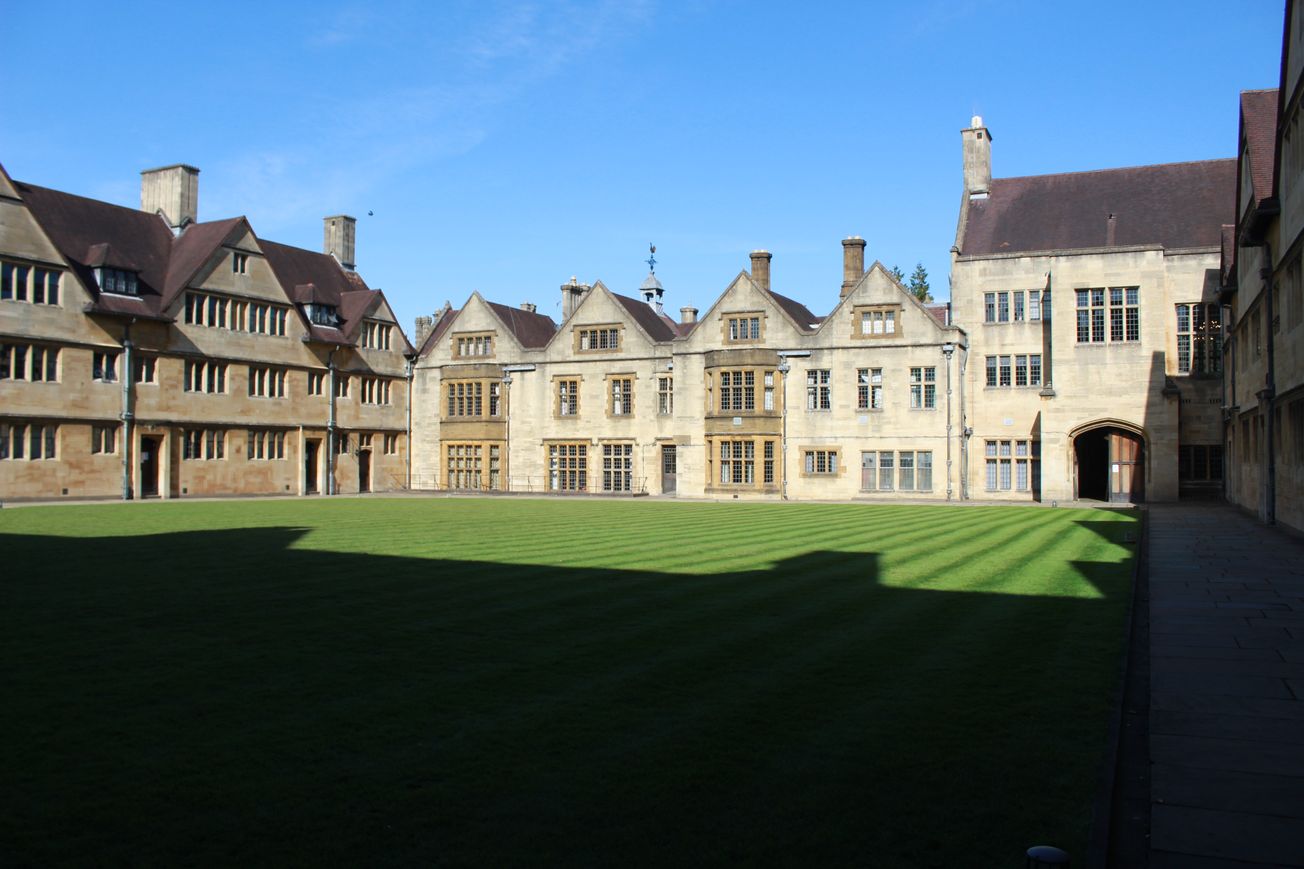By Alice Clarke, Second Year, History
Bristol University has a well-established and visible issue with social inclusion. The University must make a concerted effort to change this as clearly not enough has been done to address the issue.
The outside impressions of the University as posh, white and exclusive are not unfounded. This image has to be banished if the University is to grow and pioneer inclusion and diversity in higher education.
The Sunday Times Good University Guide ranks Universities through various criteria every year. They have quantified the idea of ‘social inclusion’ and measured it through, amongst others, three observations: how many students attended a non-selective state school, how many students are from an ethnic minority background, and how many students are the first to attend university in their family.
It is no surprise that Bristol ranked pretty abysmally when faced with this scrutiny: ranking at 113 out of 116 universities. Only Oxford, Cambridge and Durham ranked lower - universities famous for the homogeneity of their student body.
Bristol ranked in the bottom 10 for social inclusion every previous year shown, with its 2021 ranking being its lowest so far. So, it seems that rather than increasing social inclusion, the opposite is happening and the University should find out why.
Social inclusion isn’t just some vague concept that can be used to expose Russell Group universities for their failings. Lack of social inclusion has a very real impact on students and their university experience.
A significant part of Bristol’s student body is privately educated, white and from a university educated family
Bristol needs to rehaul its position not because of rankings, but because of how a lack of diversity has a very real effect on students who have worked hard to be here and deserve acknowledgement of such effort.
A significant part of Bristol’s student body is privately educated, white and from a university-educated family. For many this can make the process of meeting similar people and settling into university trickier than it may be for others.
A university that ranks so low in terms of social inclusion does not fully acknowledge or comprehend the unique experiences of students who do not make up this white, middle class or privately educated cohort.
The University of Bristol needs a bold overhaul
Contextual offers and aiming to widen participation should be a priority. However, what happens to low-income students once they arrive in the city? Though it starts with admissions, the experience of a low income or working class student will differ throughout their time at university and Bristol should actively acknowledge this.
Once reaching University, students should be able to focus on their degree fully. However, many will struggle with finances. Having to rely on a part-time job encroaches into students’ free time, impacting their studies and social life. This is a pressure that many students at Bristol may not have, and can be isolating.
Bristol is an expensive city to live in and accommodation is some of the priciest outside London. There is a distinct divide between the prices of hall accommodation in Stoke Bishop and the ‘rest’, almost leading to a physical class divide at the University, with halls in the North Village potentially costing twice as much.
Bristol, Cut the Rent hand in demands to the University ahead of historic strike action
Opinion | The A-Level fiasco revealed the engrained classism in the British education system
This makes integration harder and really just suggests that Bristol University needs to look deeper into how social inclusion is embedded into all aspects of the institution.
The University has vocalised its supposed awareness of inclusion needing to be increased. The past few years have seen the pioneering contextual offers for low achieving schools and bursary schemes being expanded. All good steps. However, much more can certainly be done.
As we have slipped even further down the rankings for social inclusion, clearly progress is not being made. The University of Bristol needs a bold overhaul to shake its exclusive image for good.
Featured Image: Epigram / Lucy O’Neill
Do you think social inclusion is a problem at university?









